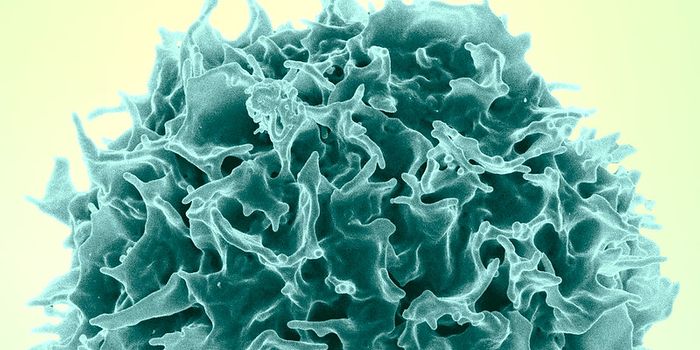Will Childhood Cancer Survivors Go On to Have Broken Hearts?
Patients are seven times more likely to have a heart attack or stroke than the general population after receiving treatment for a childhood cancer diagnosis. As a result, severe heart conditions are the leading cause of death among children who beat cancer.
Heart disease tops the list as the leading cause of death in the U.S. Because of this, many public health initiatives have been established to raise awareness around simple lifestyle changes—a healthy diet and quitting smoking, for example—that can reduce the risk of developing cardiovascular disease. To this end, websites featuring easy-to-use heart disease ‘risk calculators’ have been built for individuals to assess their risks.
One limitation of these online calculators is they do not take childhood exposure to cancer chemotherapies (that often take a significant toll on heart tissues) into account. This means that childhood cancer survivors accessing these risk estimators may not receive accurate information on their chances of developing heart conditions.
A new study by an international team of researchers seeks to improve risk prediction models to be more inclusive towards childhood cancer survivors. The study analyzed data collected in the Childhood Cancer Survivor Study. This large study tracked the medical information of around 25,000 patients who were diagnosed and treated for cancer as children and survived at least five years after their diagnosis.
The researchers used this information to build new predictive models and found that anthracycline chemotherapy, radiotherapy, diabetes, and hypertension strongly influenced childhood cancer survivors’ risk of cardiovascular disease. These findings were then fed into an online cardiovascular risk calculator tailored specifically towards these survivors. Through this platform, these individuals can now obtain estimated probabilities for developing heart failure, ischemic heart disease, or having a stroke before the age of 50.
Further studies will focus on refining the predictive models and improving cardiovascular disease risk prediction accuracy among these vulnerable individuals.
Source: J Natl Cancer Inst.









